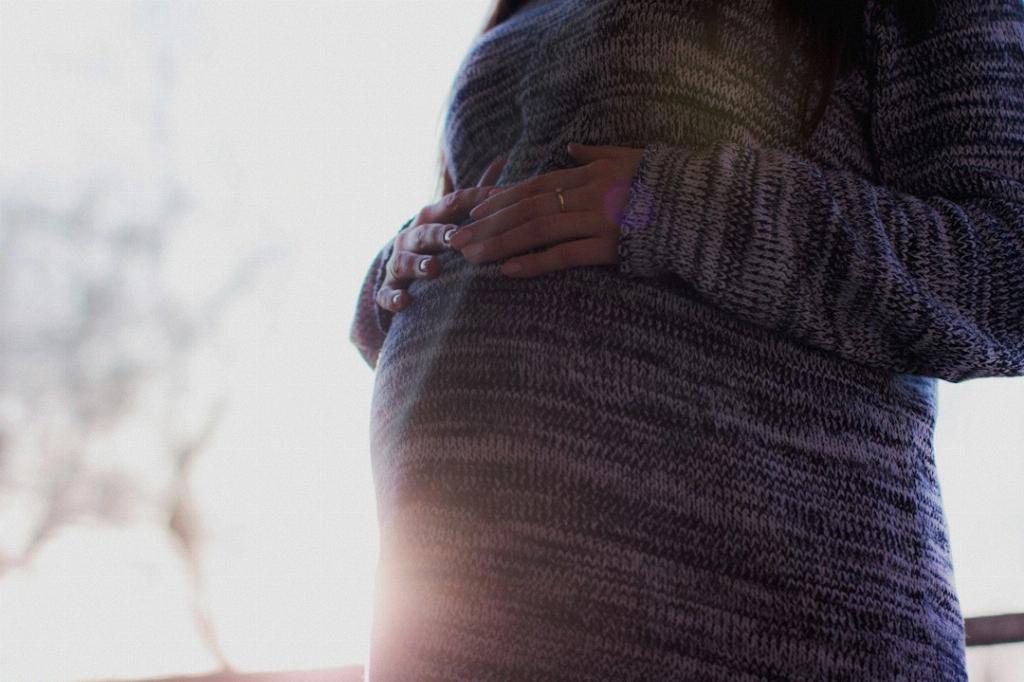When it comes to the impact of COVID-19 on babies, it is essential to consider the unique vulnerabilities that infants face. While babies under the age of 1 may be at a heightened risk of severe illness compared to older children, it is crucial to delve deeper into the reasons behind this increased susceptibility.
Factors Contributing to Increased Risk
One significant factor that contributes to the higher risk of severe illness in babies is their developing immune systems. Infants have immature immune systems, making it challenging for them to combat viruses effectively. This vulnerability can result in more severe manifestations of COVID-19 in babies.
Transmission of COVID-19 to Newborns
It is important to note that newborns can contract COVID-19 during childbirth or through exposure to infected caregivers post-delivery. This transmission of the virus to newborns underscores the need for strict infection control measures in healthcare settings and at home to protect this vulnerable population.
Recognizing Symptoms in Babies
Identifying COVID-19 symptoms in babies can be challenging due to their limited ability to communicate. It is crucial for caregivers to be vigilant for signs such as fever, difficulty breathing, cough, and lethargy, which may indicate infection. Prompt recognition and treatment are key to ensuring positive outcomes for infants.
Preventive Measures for Protecting Babies
Implementing preventive measures is essential in safeguarding babies from COVID-19. These measures include practicing good hand hygiene, maintaining physical distance from sick individuals, wearing masks in crowded settings, and ensuring proper ventilation in indoor spaces. Additionally, vaccination of caregivers can help reduce the risk of transmission to babies.
Impact of COVID-19 on Infant Health
The impact of COVID-19 on infant health goes beyond the acute illness itself. The pandemic has disrupted healthcare services, including routine vaccinations and well-child visits, potentially leading to long-term implications for infant health. It is crucial for healthcare systems to prioritize infant care amidst the ongoing crisis.
Addressing Mental Health Challenges
The pandemic has also brought to light the mental health challenges faced by caregivers of infants during this challenging time. The stress and anxiety surrounding the risk of COVID-19 can take a toll on parental well-being, highlighting the need for support and resources to promote mental health in families with young children.
Ensuring Access to Quality Care
Access to quality healthcare is paramount in protecting babies from the impact of COVID-19. Ensuring timely access to medical care, including testing and treatment, can help mitigate the severity of illness in infants. It is essential for healthcare providers to be attuned to the unique needs of this vulnerable population.
Educating Caregivers on COVID-19 Safety
Educating caregivers on COVID-19 safety measures is crucial in preventing the spread of the virus to babies. Providing clear and accurate information on hand hygiene, mask-wearing, and symptom recognition empowers caregivers to take proactive steps to protect their infants from infection. Communication and education are key in promoting a safe environment for babies.
Supporting Families During the Pandemic
The COVID-19 pandemic has placed significant strain on families, particularly those with young children. Supporting families through access to resources, social services, and mental health support is vital in navigating the challenges posed by the ongoing crisis. By fostering a supportive community, we can collectively work towards safeguarding the well-being of babies and their caregivers.
Conclusion
In conclusion, babies are indeed affected by COVID-19, and it is crucial to address the unique vulnerabilities and challenges faced by this vulnerable population. By implementing preventive measures, ensuring access to quality healthcare, and providing support to caregivers, we can mitigate the impact of the virus on infants and promote their health and well-being during these challenging times.

